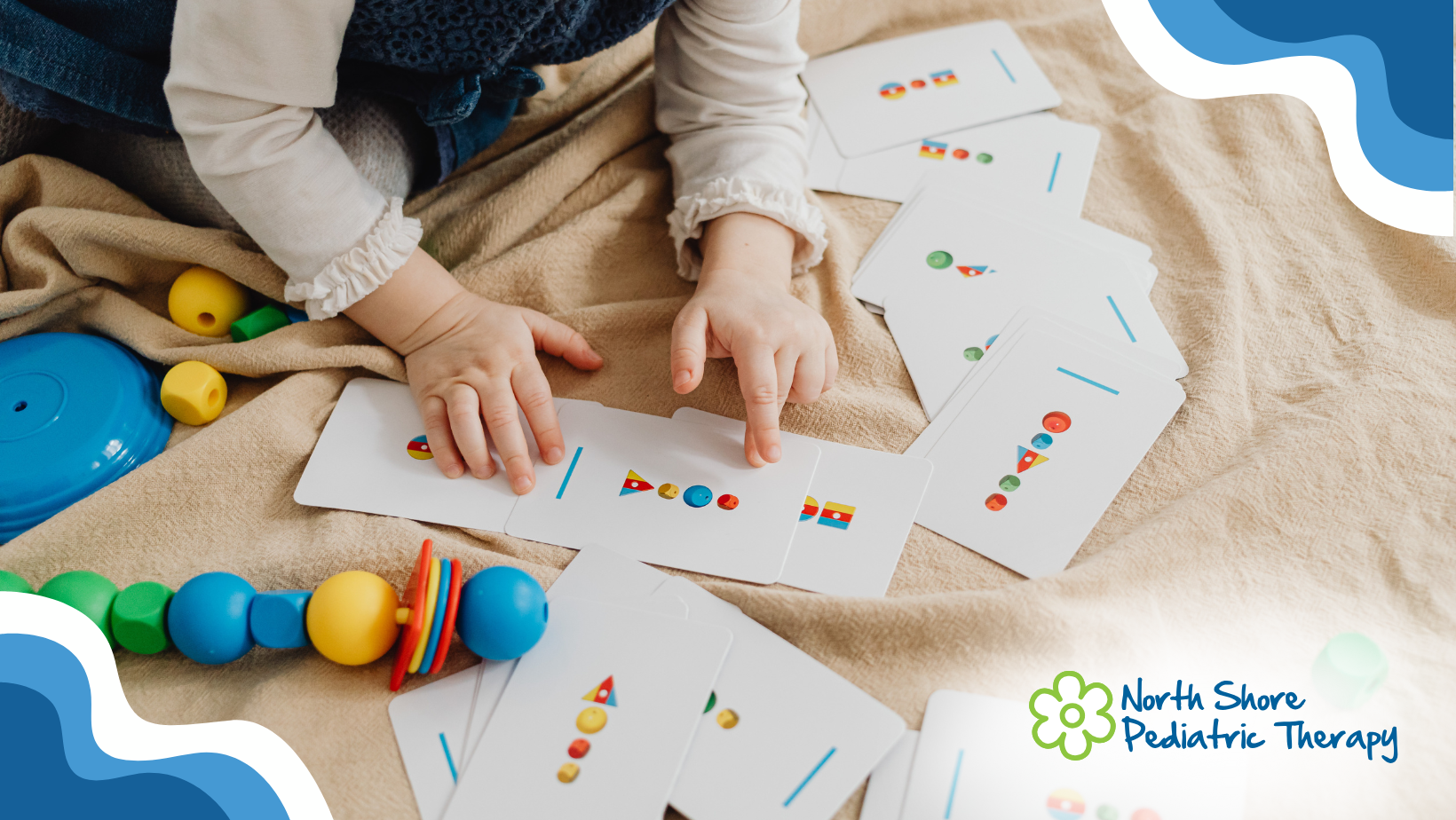WHAT IS SENSORY MODULATION?
Sensory modulation is a neurological function and is the organization of sensory information for on-going use. Efficient sensory modulation is the ability to effectively regulate the degree to which one is influenced by various sensory inputs. The goal is to regulate sensory input and to “make sense of the physical world” and the “place of self within that world.” That is, efficient sensory modulation allows the central nervous system to regulate such things as attention and activity level by enabling one to attend to important stimuli, filter out irrelevant stimuli, and modify the amount of stimulation one is exposed to.
Typically, healthy sensory modulation occurs automatically, unconsciously and without effort in normally developing children. For children with a variety of developmental challenges, the process is inefficient, demanding effort and attention with no guarantee of accuracy.
WHAT ARE SOME SYMPTOMS OF SENSORY MODULATION DISORDERS?
Children with sensory modulation disorders may demonstrate behaviors appearing over-responsive to sensory input at one end (e.g., fearful of movement experiences, defensive to tactile input, etc.), to appearing under-responsive to sensory input at the other end (e.g., lack of awareness of tactile or auditory input, intense desire for movement stimulation, etc.). Often, children with sensory modulation disorders will fluctuate between the two extremes. Additionally, children with sensory modulation disorders will also often have difficulty with emotional/behavioral regulation.
When the central nervous system is working well, it knows when to “pay attention” to a sensory stimulus and when to “ignore it,” and this process usually happens efficiently and automatically. For most children, sensory modulation develops in the course of ordinary childhood activities, and when the process is disordered, a number of problems in learning, development or behavior may become evident. The affects of sensory modulation disorders can interfere with academic learning, social skills and self-esteem.
Another symptom of a sensory modulation disorder is poor registration of sensory input, interfering with the child’s ability to attach meaning to an activity or a sensation. Children with such a disorder often seem oblivious to touch, pain, movement, taste, smells, sights or sounds. A child may demonstrate sensation-seeking behaviors, occurring when the child registers the sensation, but the input does not affect the nervous system to the extent that it does for most other children. These children are also almost always in “fight or flight” mode and exceedingly defensive; their defensiveness activates the autonomic nervous system and results in a strong negative, emotional reaction. Sensory modulation problems in the defensive form include overreactions to touch, movement, sounds, odors, and tastes, any of which may create discomfort, avoidance, distractibility, and anxiety.
OUR APPROACH AT NORTH SHORE PEDIATRIC THERAPY
Occupational therapists at North Shore Pediatric Therapy provide a fun and safe atmosphere when working with children who have sensory modulation difficulties. Treatment techniques used to improve sensory modulation focus on sensory integration therapy, and the treatments frequently incorporate activities involving vestibular stimulation and proprioceptive input, typically through the use of swings, obstacles courses, therapy balls, or some type of heavy work.



.png)










